First Capital Trust Deeds (FCTD) originates foreign national mortgages for end users and investors to buy properties in the United States. FCTD has worked with foreign national borrowers to finance real estate across the U.S., particularly in California and Florida. There are a variety of options for foreign nationals to consider when choosing the best financing path for their specific situation.
This article will detail the ins and outs of foreign national loans, covering the following topics:
-
What is a foreign national mortgage loan?
-
What are the different types of foreign national mortgages loans?
- Conforming
- Conventional
- Bank portfolio
- DSCR
- Hard money
-
Who qualifies for a foreign national mortgage loan?
-
What are the required documents for a foreign national mortgage?
-
Differences between foreign national loans and traditional mortgages
-
What are the pros & cons of foreign national loans?
-
What are the interest rates on a foreign national mortgage
-
What are the down payments for foreign national mortgage loans?
-
What are the prepayment penalties for foreign national mortgage loans?
-
What are the closing costs for a foreign national loan?
-
How does a foreign national with no credit history in the United States qualify for a mortgage?
-
What is an ITIN mortgage?
-
Foreign national mortgage loans: mortgage broker or direct lender?
-
Foreign national investment property loans
-
Foreign national DSCR investment property loans
-
Foreign national hard money loans
-
Pros and cons of foreign national hard money loans
-
Exit strategies for foreign national hard money bridge loans
What is a Foreign National Mortgage Loan?
A foreign national mortgage loan is designed for non-U.S. citizens or permanent residents. These loans can be used to purchase a primary residence, a vacation home, an investment property, or multiple investment properties.
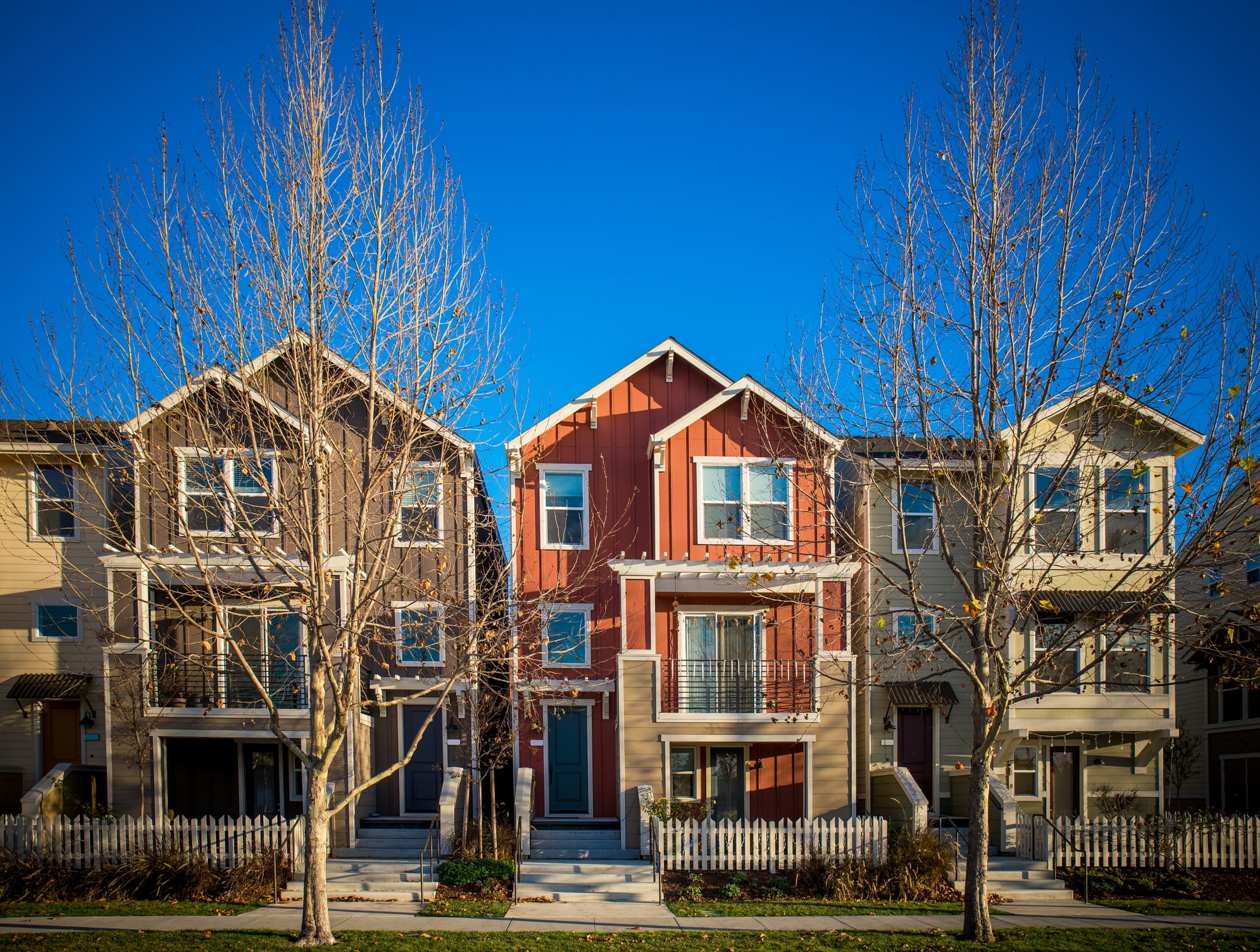
What are the Different Types of Foreign National Mortgage Loans?
Foreign nationals can qualify for a variety of conforming, conventional or hard money loans to purchase or refinance property in the United States. The type of loan depends on employment status, financial liquidity, credit history, and other situation-specific details.
Below are the different types of loans foreign nationals use to finance U.S. real estate:
- Conforming loans
- Conventional mortgages
- Bank portfolio loans
- DSCR – rental property loans
- Hard money bridge loans
Foreign National Conforming Loans
Foreign national conforming loans are mortgages that meet the underwriting requirements of the United States government’s mortgage companies, Fannie Mae and Freddie Mac. Fannie and Freddie don’t make loans to consumers. Instead, they buy loans from banks and mortgage lenders, freeing up capital that allows those lenders to make new loans.
Conforming loans offer the lowest pricing for a foreign national borrower. Fannie and Freddie mortgages have a maximum loan limit of $726,200 to $1,089,300 in high cost areas like San Francisco, Seattle and San Diego. These loans can finance a primary residence, second home or investment properties. Foreign national borrowers must provide their W2, paystubs, tax returns, and/or business financials if they’re self-employed.
Conventional Loans for Foreign Nationals
Similar to conforming loans, conventional loans usually have 30-year terms. However, they aren’t backed by the U.S. government and don’t need to conform to Fannie and Freddie’s guidelines. However, they still require borrowers to have employment, good credit, verifiable income and assets.
Foreign nationals who use conventional mortgages are often self-employed or financing investment properties. The most common conventional loans FCTD uses for foreign national borrowers are jumbo and NonQM loans.
Jumbo Loans
Jumbo loans start at $726,201 in baseline areas up to $1,089,301 in high-cost locations. Jumbo mortgages can be used to finance properties up to $20 million.
NonQM Loans
Non-qualified mortgages – NonQM loans – are used by foreign nationals who can provide 12-24 months of bank statements to prove their Ability-To-Repay (ATR). There are many NonQM programs that can work well for self-employed foreign nationals or foreign nationals investing in U.S. real estate.
Bank Portfolio Foreign National Loans
Portfolio mortgages are made by banks to hold “on the books,” or in their portfolios, to maturity. Most are Adjustable-Rate Mortgages (ARMs), which have a 5-, 7-, or 10-year fixed interest rate period. When the fixed period ends, the interest rate becomes adjustable for the rest of the 30-year term. Portfolio lenders usually issue these mortgages only to borrowers with an existing depository relationship with the bank.
FCTD has worked with several foreign national borrowers that used a short-term hard money bridge loan to acquire a U.S. property before refinancing with a bank portfolio lender. In California, we work with many buyers from Asia who first establish a U.S. banking relationship, then use the new bank to refinance out of the hard money bridge loan.
DSCR Loans for Foreign National Investors
Debt Service Coverage Ratio (DSCR) loans are a type of NonQM loan program for foreign national investors to finance investment properties. Foreign borrowers qualify based on their credit, liquidity, and the cash flow of the property rather than the W2s, paystubs and tax returns required for a conforming loan. DSCR loans can be an excellent option for foreign investors acquiring multiple residential 1-4 unit properties in the United States.
Hard Money Bridge Loans
Foreign national investors sometimes use a short-term hard money bridge loan to acquire a U.S. property before applying for a long-term mortgage. I’ll cover hard money bridge loans in more detail below.
Who Qualifies for a Foreign National Mortgage Loan?
Foreign national mortgage loans are available to non-U.S. citizens who can meet certain criteria to purchase or refinance property in the United States.
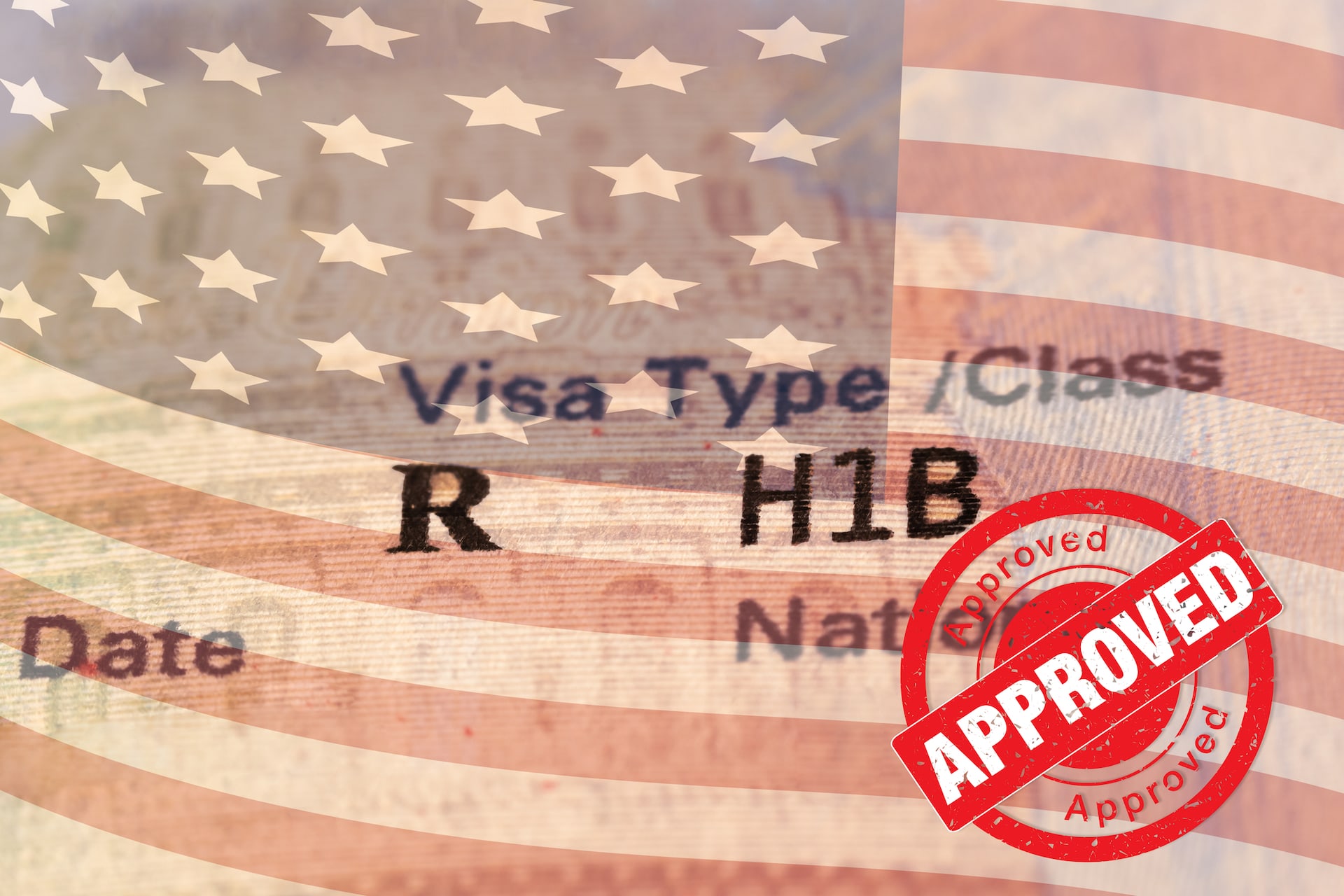
What are the Required Documents for a Foreign National Mortgage?
To qualify for a foreign national mortgage loan, lenders typically require the following documents:
- Proof of foreign residency
- Work visa
- Down payment
- Credit history
- Tradelines on credit report
- FICO scores
- Income verification
- Assets
- Appraisal
This is not a complete list of all needed documentation, but is a good starting spot. Documentation requirements vary depending on the lender, type of loan, and your individual circumstances. For more information on the requirements, please visit this blog post.
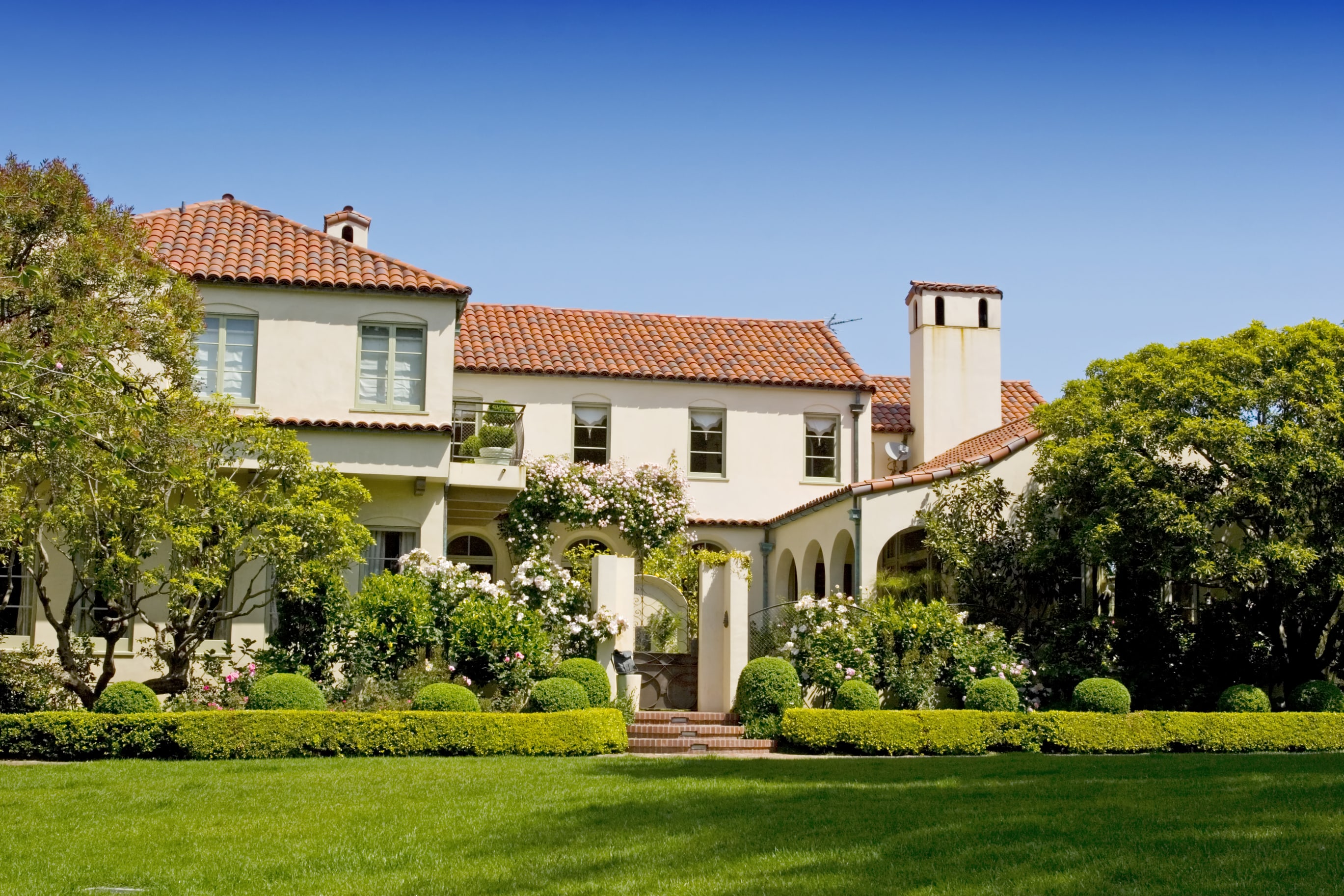
What are the Differences Between Foreign National Loans and Traditional Mortgages?
The key differences between foreign national loans and traditional mortgages include:
- More documentation required
- Credit history (you may be able to use foreign credit)
- Larger down payment
- Higher interest rates
- Tighter credit terms
- The requirements may vary by lender.
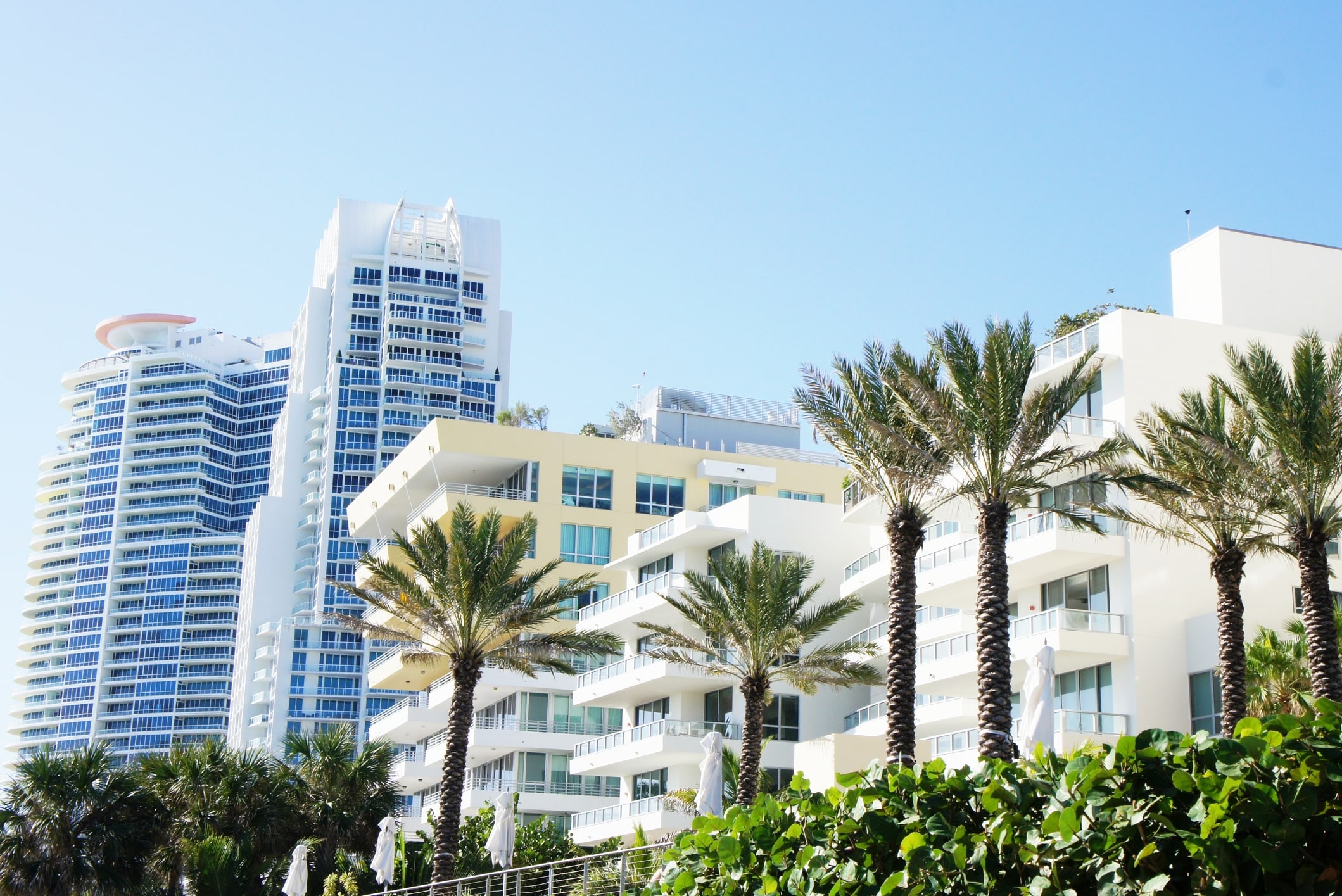
What are the Pros & Cons of Foreign National Loans?
Just like any financial decision, foreign national mortgages have pros and cons. Below are some of the benefits and drawbacks FCTD sees with foreign national loans:
Pros of Foreign National Loans:
- You can buy a home in the United States.
- You can build equity in your home.
- You can take advantage of the 30-year fixed rate mortgage.
- You benefit from tax deductions like property taxes, depreciation, capital investments, etc.
- You can finance multiple investment properties.
Cons of Obtaining a Foreign National Mortgage:
- The process can be lengthy and difficult.
- Your costs and interest rate will most likely be higher than for a U.S. citizen.
- You have to provide lots of documentation.
- The approval process will likely take 45-60 days.
- You’ll need a higher down payment.
The best advice I can give is to keep your financial documents highly organized. Save all your identification documents (driver’s license, visa, passport, etc.) and financial documents (work authorization, two year’s tax returns [foreign & domestic], most recent paystubs, bank statements, investment account statements, and profit & loss [along with balance sheet if you’re self-employed]) as PDFs to your computer or a cloud account for quick access when requested.
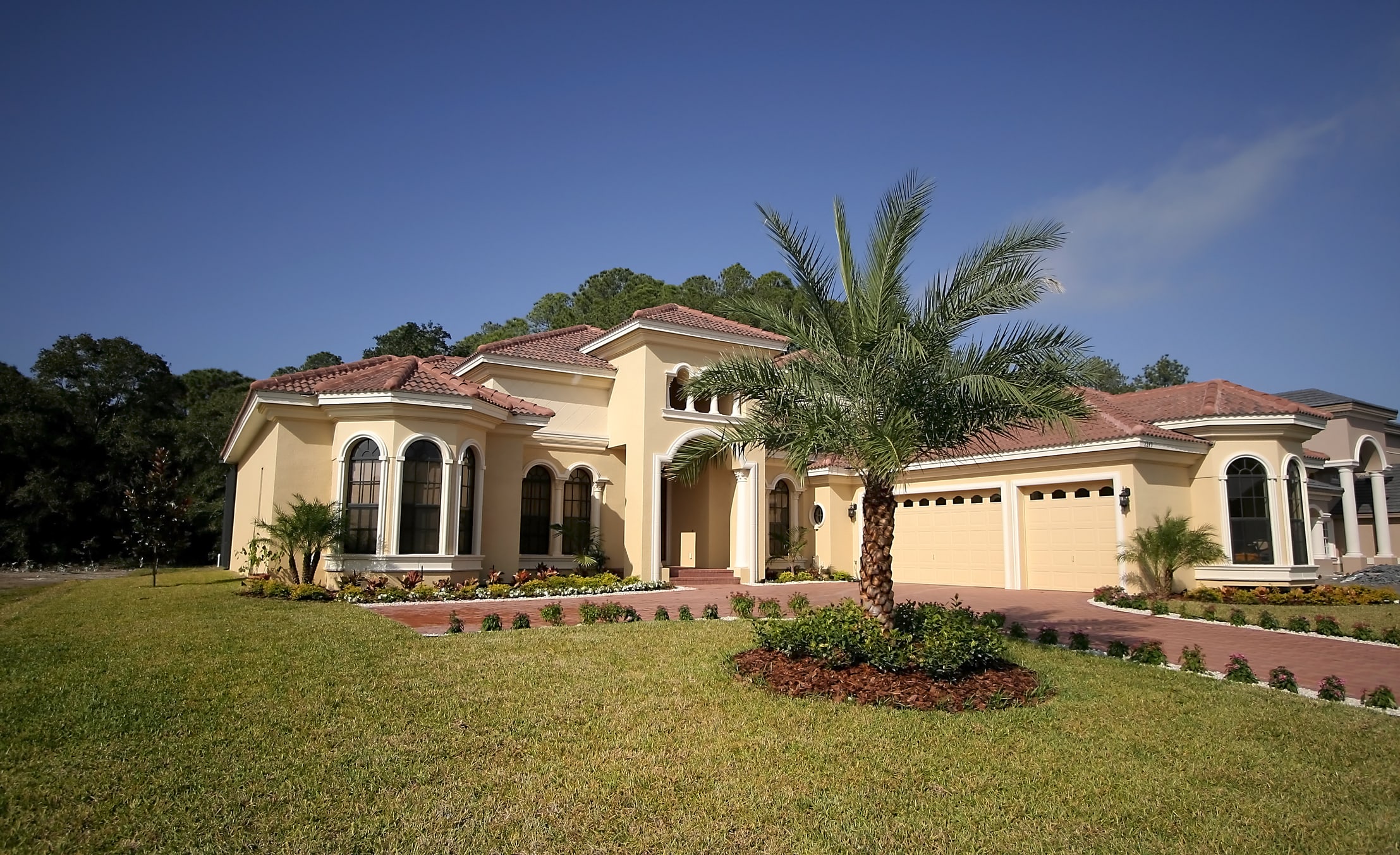
What are the Interest Rates on a Foreign National Mortgage?
Interest rates for foreign national mortgage loans are approximately 1.00% higher than for U.S. citizens.
There are a few reasons why, including:
- Lenders take on more risk when they lend to foreign nationals. If a foreign national defaults on their loan, the lender may have difficulty collecting the debt.
- Foreign nationals may not have the same credit history as U.S. citizens, which can make qualifying for a loan more difficult.
- Foreign nationals who are unfamiliar with the U.S. mortgage market may have more difficulty obtaining the best financing for their circumstances.
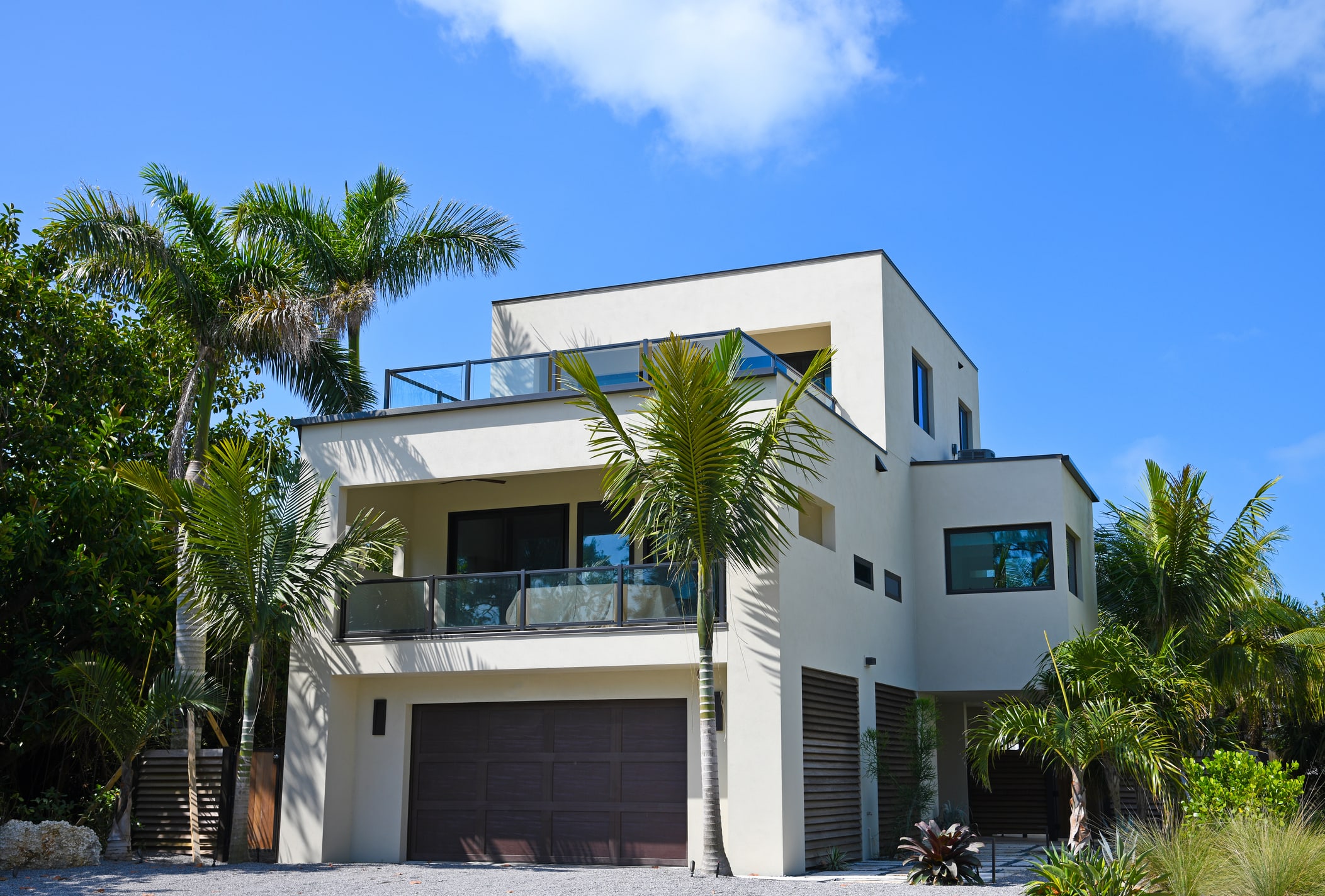
What are the Down Payments for Foreign National Mortgage Loans?
Foreign national conforming and conventional mortgage loans typically require a down payment of at least 20% of the purchase price. However, there are some lenders that offer loans with lower down payments, such as 10% or even 5%. The amount of the down payment will vary depending on the lender, the type of loan, and the borrower’s credit score.
Bank portfolio loans may require a foreign national borrower to pay a 40% to 50% down payment. Hard money bridge loans often require foreign national borrowers to put 35-50% down on a property.
I go into greater down payment detail in this blog post, broken up by type of loan.
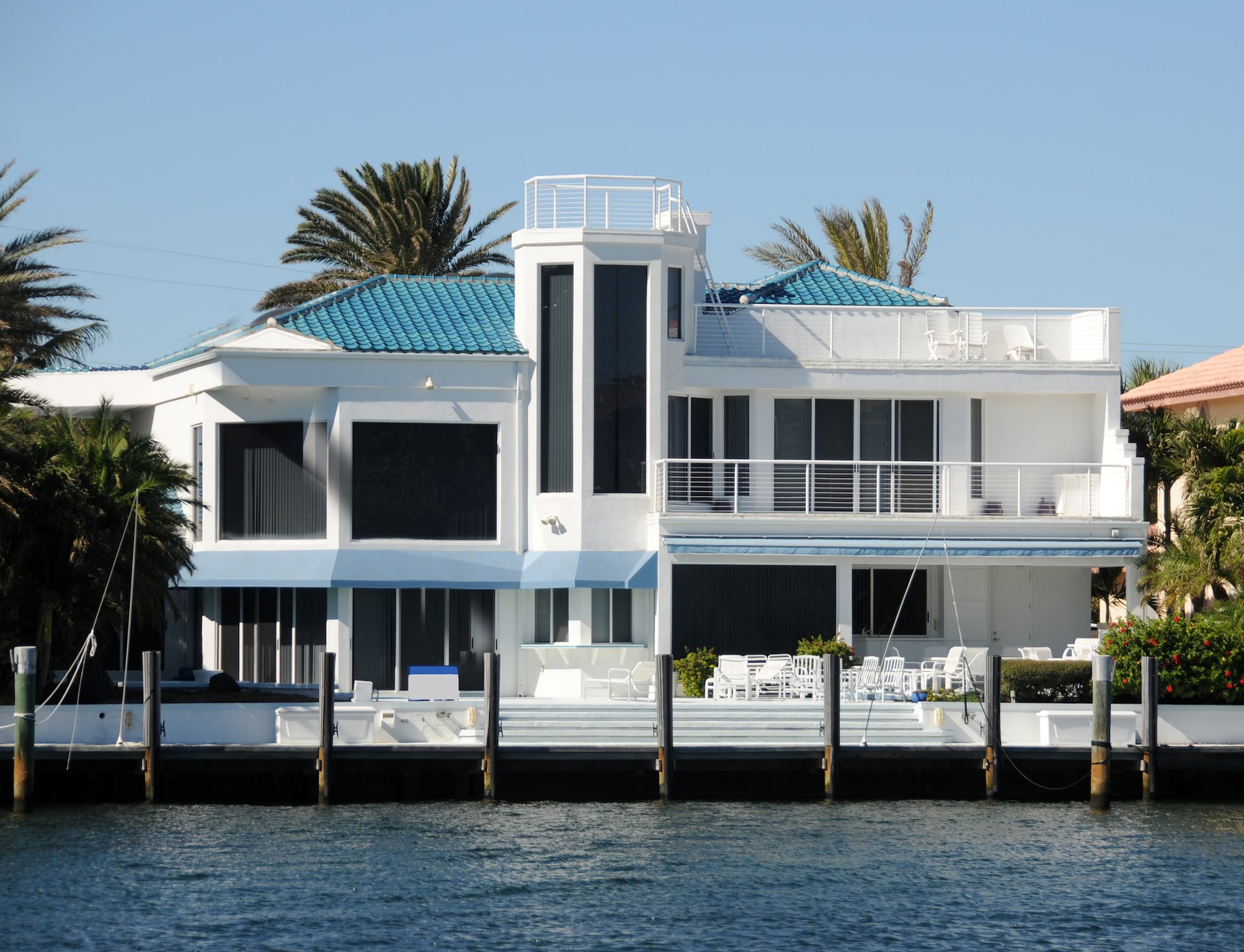
What are the Prepayment Penalties for Foreign National Mortgage Loans?
Prepayment penalties are fees that lenders charge borrowers who pay off their mortgage early. These penalties can be significant – so it’s important if you have one to understand how it’s calculated before you take out a mortgage.
Every lender has their own way of calculating prepayment penalties. Some use a sliding scale in the first few years, others charge 80% of six months interest if paid off within three years, while other lenders have yield maintenance requirements.
Below are the usual prepayment penalties based on the different types of foreign national mortgage programs:
- Conforming loans (Fannie/Freddie) don’t have prepayment penalties.
- Conventional loans (jumbo & NonQM) don’t have prepayment penalties for mortgages on a primary residence or second home. For investment properties, conventional lenders can charge 80% of 6 months interest, or the sliding scale prepayment penalty of 5,4,3,2,1 percent of the loan balance during the first five years.
- Bank portfolios don’t have prepayment penalties on primary residences and second homes, though some may have them on investment property loans.
- Hard money bridge loans often have what’s known as guaranteed interest rather than a prepayment penalty. A 12-month bridge loan may include a three-month guaranteed interest clause, which ensures the lender receives at least three interest-only payments.
Every loan has a specific prepayment penalty or guaranteed interest policy. It’s important to know if your loan has a prepayment penalty clause and plan accordingly. I go into greater detail in this blog post about foreign national prepayment penalties.
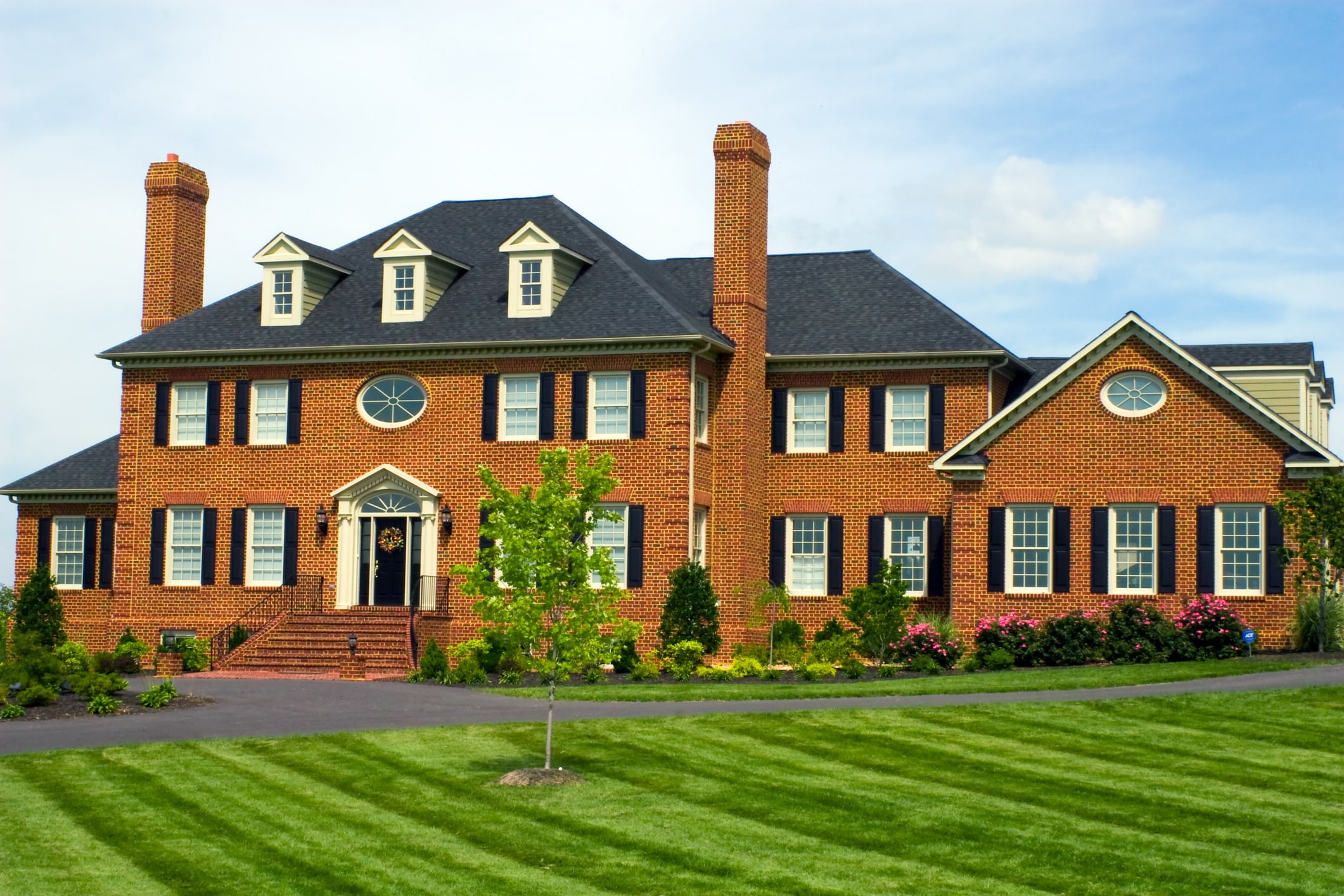
What are the Closing Costs for Foreign National Mortgage Loans?
Closing costs are fees that borrowers pay when they close on a mortgage. These costs can vary depending on the lender, the type of loan, and the borrower’s credit score. However, closing costs for foreign national mortgage loans are generally higher than loans for U.S. citizens due to the extra underwriting costs often incurred when qualifying a foreign national borrower.
Below are some of the closing costs you may have to pay for a foreign national mortgage loan:
- Loan origination fee (aka “points.” 1 point = 1% of the loan balance)
- Underwriting fee
- Appraisal fee
- Title insurance (homeowner’s title insurance and lender’s title insurance)
- Escrow fees
- Document preparation fees
- Notary fees
- Government recording fees
- Flood certification
- Homeowners insurance (one year premium paid upfront)
- Private mortgage insurance (PMI) (for conforming loans with an 80%+ LTV)
I expand on the costs in this blog post on foreign national closing costs.
It’s important to note that there might be even more closing costs you have to pay. The actual closing costs will vary depending on the lender, the type of loan, and the borrower’s unique financial and employment circumstances.
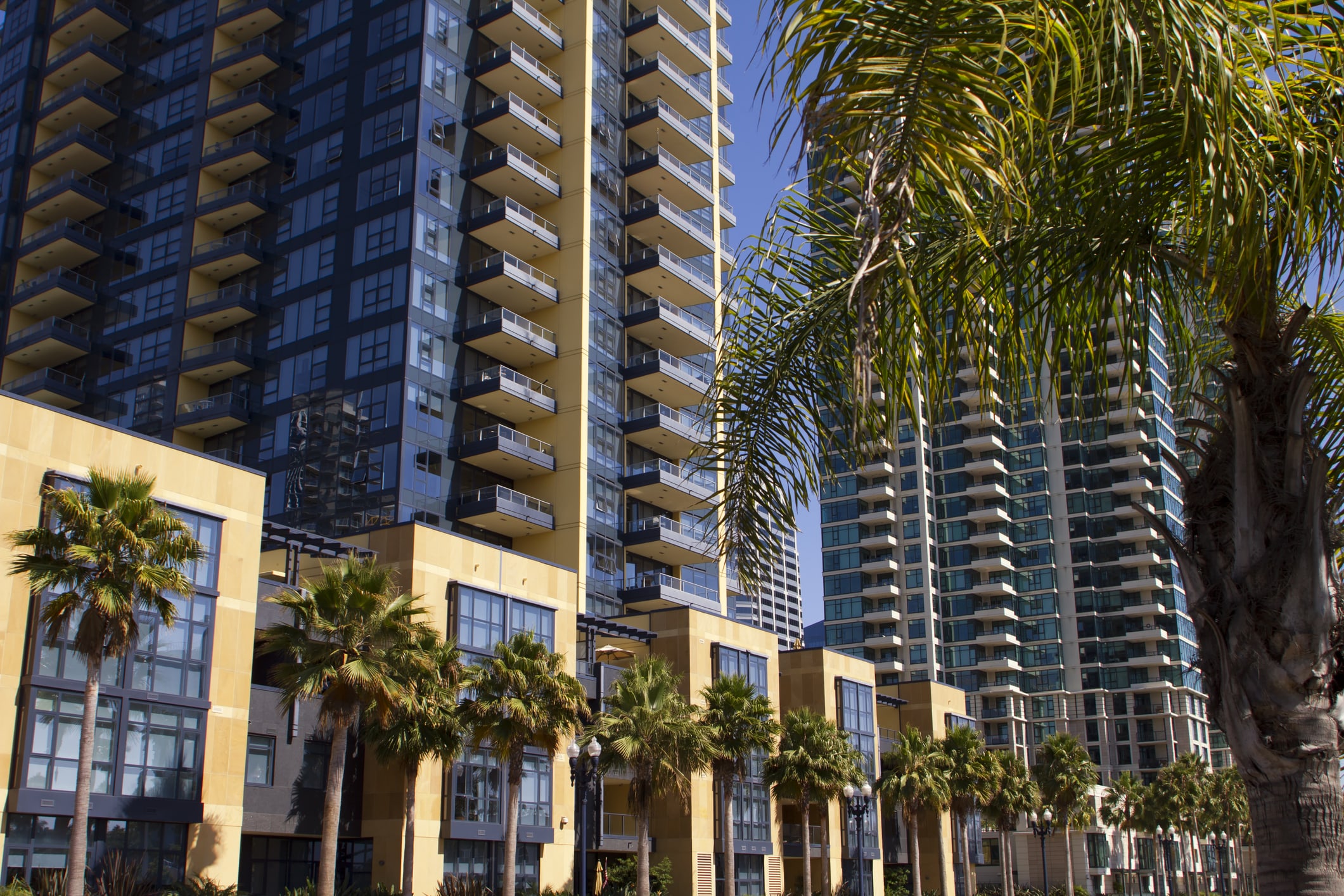
How Does a Foreign National With No Credit History Qualify for a Mortgage?
Foreign nationals with no credit history in the United States can still qualify for a mortgage, but it may be a more difficult and lengthy process than for those that have U.S. credit with two tradelines for 24 months or three tradelines for 12 months.
Below are a few ways to qualify without credit history:
- Have a larger down payment
- Establish a depository relationship at a bank
- Have good credit in your home country
- Use a hard money bridge loan
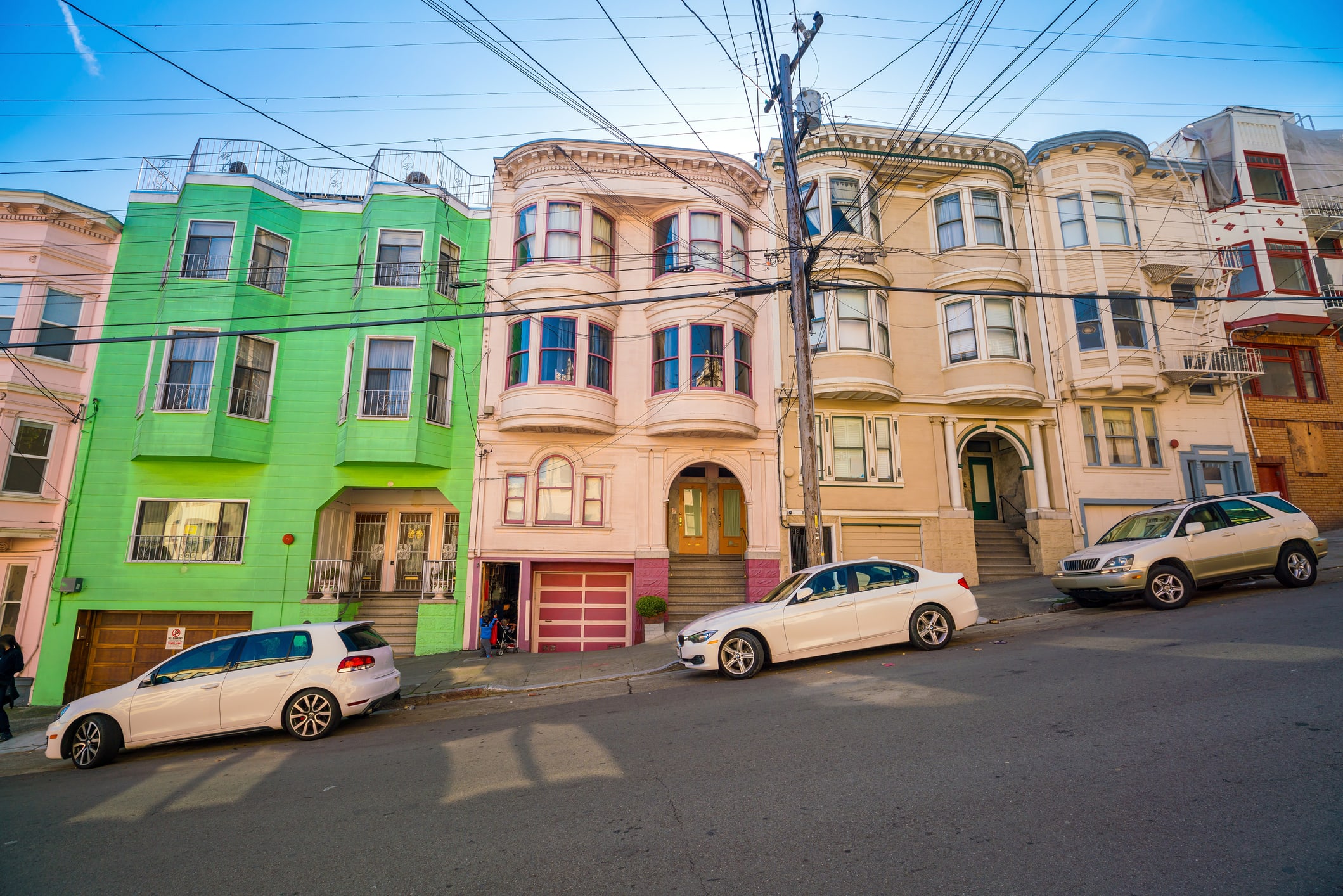
What is an ITIN Mortgage?
An ITIN mortgage is a mortgage loan available to foreign nationals with an individual taxpayer identification number (ITIN) issued by the Internal Revenue Service (IRS) to individuals who aren’t eligible for a Social Security number (SSN).
ITIN mortgages are offered by NonQM, bank portfolio, and hard money lenders (for investment properties only). FCTD has originated 12-month hard money bridge loans for foreign investors who need one year to get their financial affairs in the United States in order before taking out a 30-year mortgage.
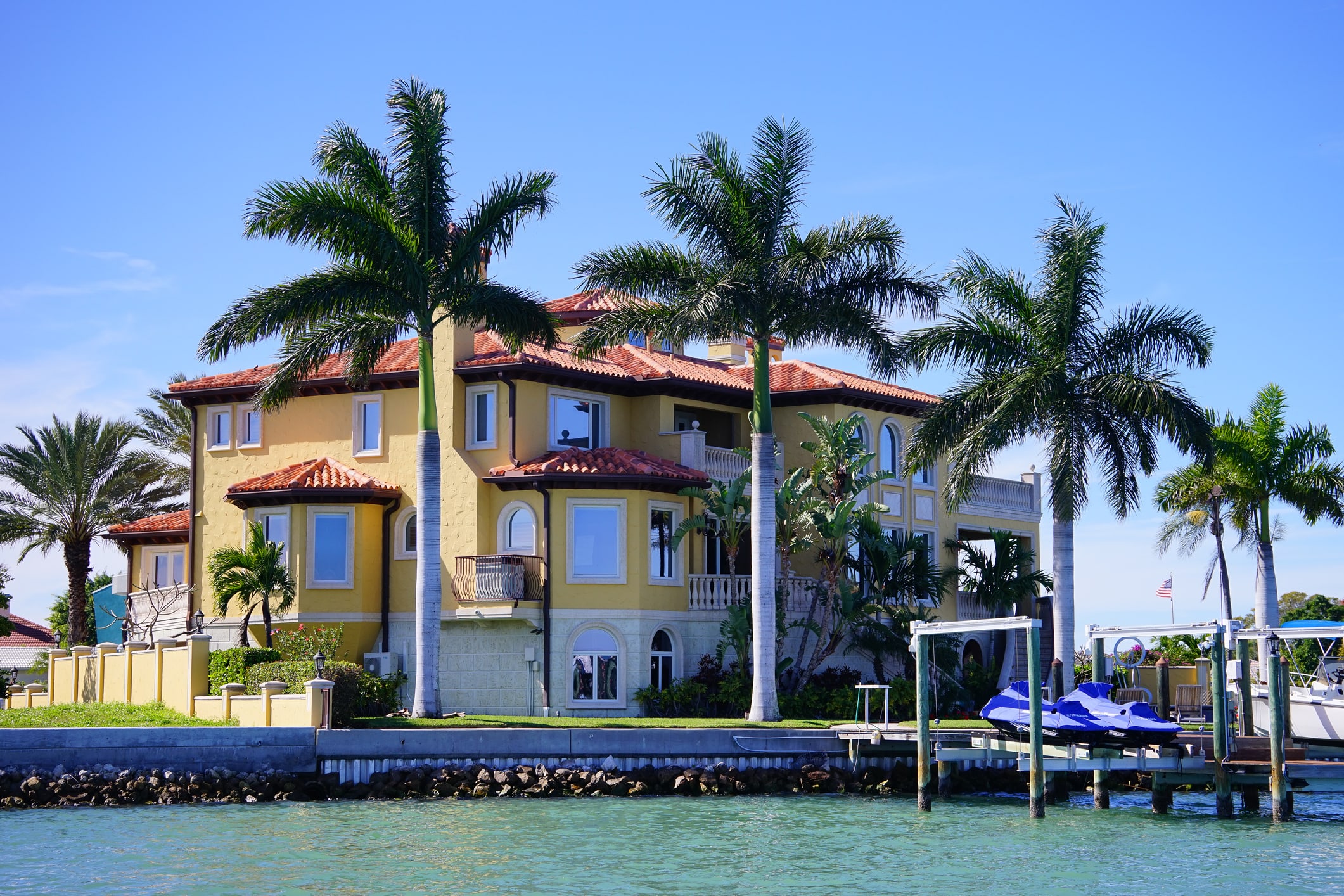
Foreign National Mortgage Loans: Mortgage Broker or Direct Lender?
Even though I’ve been a mortgage broker for over 20 years, I’m realistic about the fact that some borrowers, foreign nationals and U.S. citizens may be better served going directly to the lender. This is especially true when a direct lender (like a bank) offers checking, savings, foreign currency services and mortgages for their foreign national borrowers.
There are also instances when mortgage brokers, with their industry knowledge and access to various loan programs, can be the best option for a foreign national borrower.
Here’s why foreign national borrowers should consider working with a mortgage broker:
- They can provide wide access to loan programs: conforming, conventional, jumbo, NonQM, bank portfolio, and hard money bridge loans.
- If your situation is complicated or challenging, a broker can match you with the right lender and program.
- An excellent mortgage broker can be a great long-term resource as you buy and sell other properties.
Reasons to work with a direct lender:
- If you’re financially strong, then a direct lender (like a portfolio bank) might be a great resource. Some portfolio banks don’t work with mortgage brokers, so a loan officer or relationship manager will handle your financing.
- With a depository relationship – the bigger the better. You may receive lower-than-market-rates on your closing costs and interest rates. Deposits are everything with banks.
- If you’re a foreign national with a lengthy track record of investing in the U.S., you may already have a hard money lender directly funding your projects. They can make it easy for you to keep borrowing for new properties since they have your banking deposit business.
Whether you work with a mortgage broker or direct lender on a foreign national loan depends on your individual situation. Market conditions and lender-borrower relationships change over time. You may start out working with a mortgage broker, but then find a bank that can provide everything you need – including a mortgage. Or, vice versa, you may start with a bank or direct lender but you pivot to a mortgage broker as your needs change.
Foreign National Investment Property Loans
FCTD specializes in mortgages for real estate investors. Most of these investors are U.S. citizens, but some are foreign national investors buying, selling and retaining investment properties in the United States.
Over the years, FCTD has originated the five main types of loans for our foreign national investor clients:
- Conforming
- Conventional
- Bank Portfolio
- DSCR
- Hard Money
I go into greater detail about using these programs in this blog post, Foreign National Investment Property Loans.
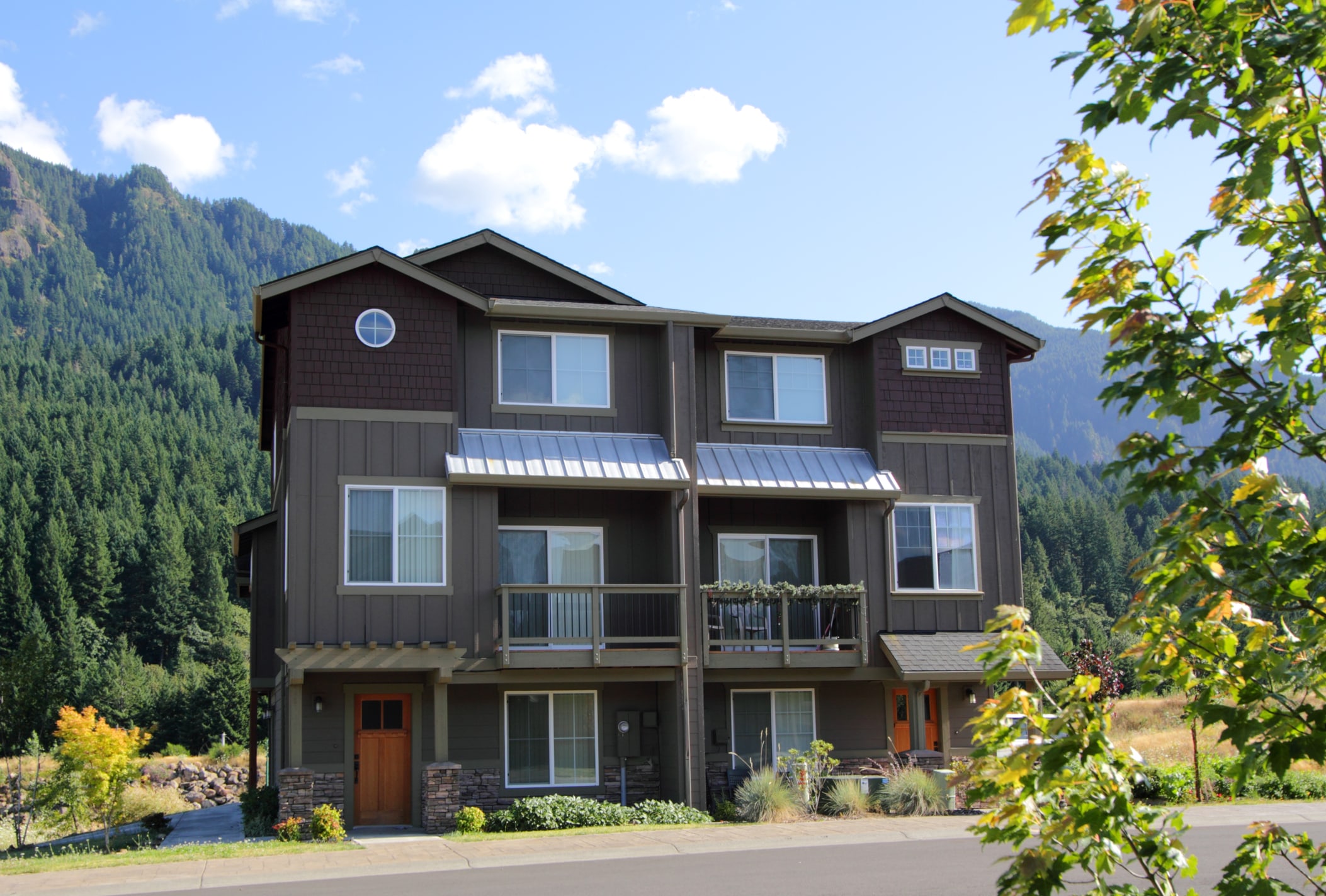
Foreign National DSCR Investment Property Loans
I’ve mentioned foreign national DSCR loans above. FCTD has worked with several foreign investors on DSCR loans, most often from Canada, Mexico and the United Kingdom. A foreign national DSCR loan is a NonQM mortgage loan available to foreign nationals, even those without a U.S. credit score.
DSCR loans are based on the property's debt service coverage ratio (DSCR), which is a ratio of cash flow generated by the property to the combined mortgage debt, property taxes, insurance, homeowner’s association (HOA) fees, and standard maintenance expenses.
To qualify for a foreign national DSCR loan, you’ll need to meet the following requirements:
- Be a foreign national with a valid visa or other documentation authorizing you to live and work in the United States
- Have a 25-35% down payment plus closing costs
- Have verifiable liquid assets in reserve after down payment and closing costs
- Have a FICO score of 700 (if required by the lender)
- Have three tradelines for 12 months or two tradelines for 24 months
- Maintain a monthly cash flow that covers the monthly debt service obligations
Foreign national DSCR loans have the following features:
- 75% LTV purchase
- 70% LTV cash-out refinance
- $100,000 to $2 million loan amounts
- 125% DSCR (cash flow to be 125% of expenses)
- 1-4 residential properties
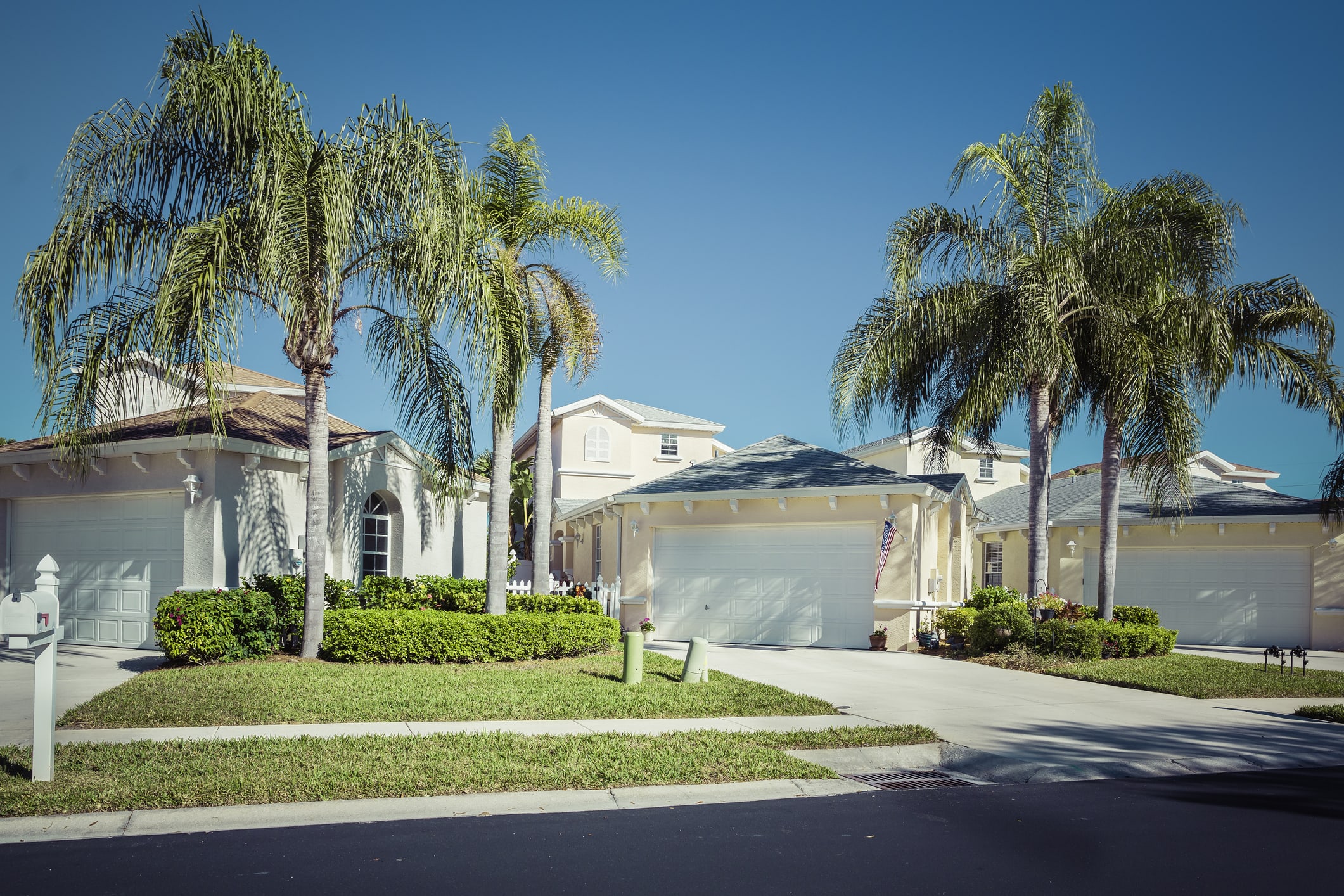
Foreign National Hard Money Bridge Loans
Foreign national hard money bridge loans can be a viable short-term option for non-U.S. citizens who want to purchase or refinance real estate in the United States. Though hard money loans, or bridge loans, often have a 12-month term with higher interest rates, they can be a good option for foreign nationals who don’t qualify for traditional financing.
Foreign nationals will often use hard money bridge loans to acquire properties that need work or purchase vacant buildings that don’t qualify for bank financing. Upon acquiring the property, the foreign national investor has two possible exit strategies:
- Sell the renovated property (fix & flip)
- Refinance into a DSCR loan or other institutional loan.
Pros and Cons of Hard Money Bridge Loans
The benefits of hard money bridge loans is that they can close quickly and are often easier to get approved since they’re equity-based rather than income and credit-driven. The drawbacks are that they cost more than conforming and conventional mortgages, are short-term with most loans ending in a 12-month balloon payment, and the LTV is usually capped at 60-65% of purchase price or appraised value.
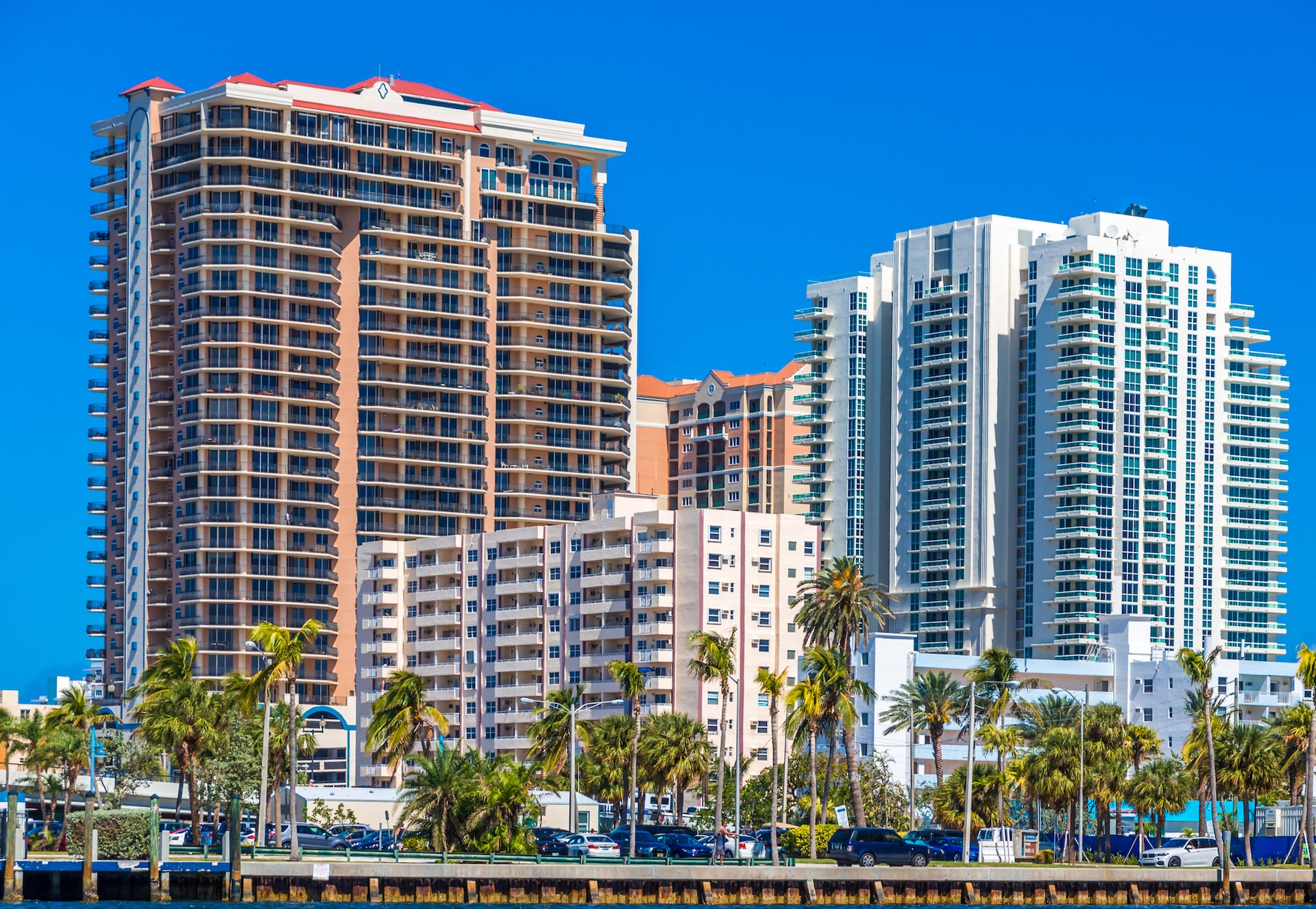
Exit Strategies for Foreign National Hard Money Bridge Loans
A critical part of applying for a hard money bridge loan – whether you’re a foreign national or a U.S. citizen – is defining your exit strategy, or how you’ll pay off the short-term loan. We want to know what you’ll do, and very specifically how you’ll do it. There are two exit strategies available to you when you take out a bridge loan: refinance or sell.
Refinance: If you intend to refinance into a traditional bank loan at the end of the 12-month term, you’ll first need to be prequalified for the traditional loan. It seems counterintuitive, but as mortgage brokers, we want to facilitate loans that will end successfully for both our lenders and borrowers. There are several types of mortgages you can refinance into, including conforming (Fannie and Freddie), conventional, bank portfolio, and DSCR loans.
Sell: If you plan on selling the property, brokers and lenders will extensively verify the property condition and the scope of work if renovating – from permit timelines, contractor scheduling and availability of materials, as well as the particulars of marketing and selling the property. You’ll need to present a plan that is realistic and enables you to comfortably exit the loan when the term ends.
Learn more about the importance of a solid exit strategy.
Conclusion
Obtaining a mortgage as a foreign national comes with many challenges – and the possibility of great reward. A variety of loan programs are designed specifically for foreign nationals to purchase or invest in U.S. real estate. Prepare to pay a larger down payment and show extensive documentation proving your creditworthiness and ability to repay the loan. Though the process can be complex, a variety of professionals, from direct lenders to mortgage brokers such as FCTD, can help you navigate the process and find you the best financing option to buy U.S. real estate.
More about Foreign National Mortgage Loans
1 min read
What are the Down Payments for Foreign National Mortgage Loans?
Jun 12, 2023 by Ted Spradlin
1 min read
What are the Interest Rates on a Foreign National Mortgage?
Jun 12, 2023 by Ted Spradlin
2 min read
What are the Required Documents for a Foreign National Mortgage?
Jun 12, 2023 by Ted Spradlin
Disclaimer: Information, rates, and pricing are subject to change without prior notice. All loans subject to borrowers and underlying collateral meeting First Capital Trust Deeds’ and/or assigns then-current underwriting criteria. Other restrictions apply.

